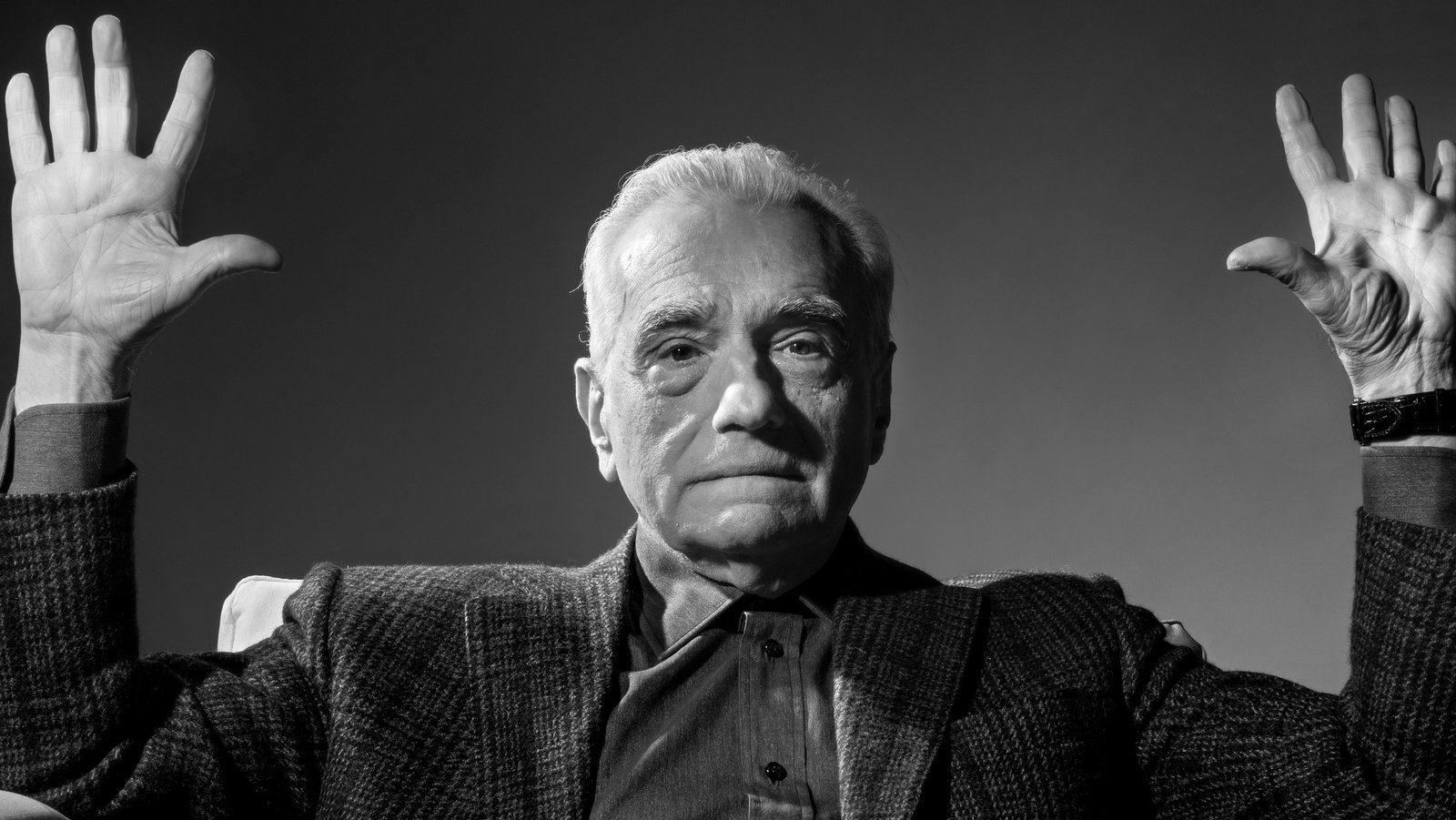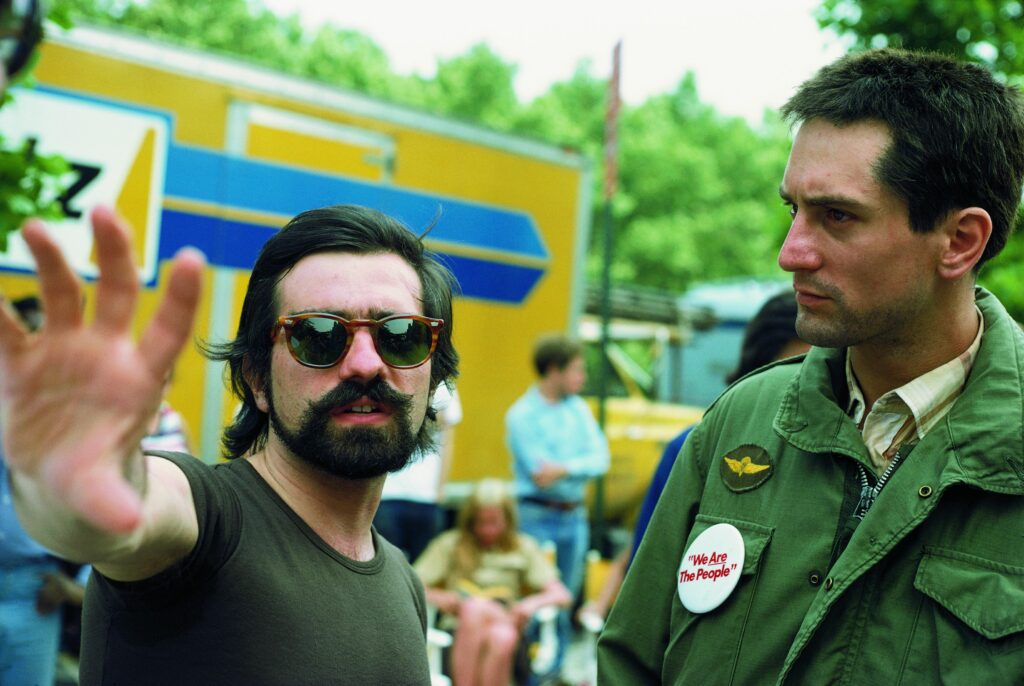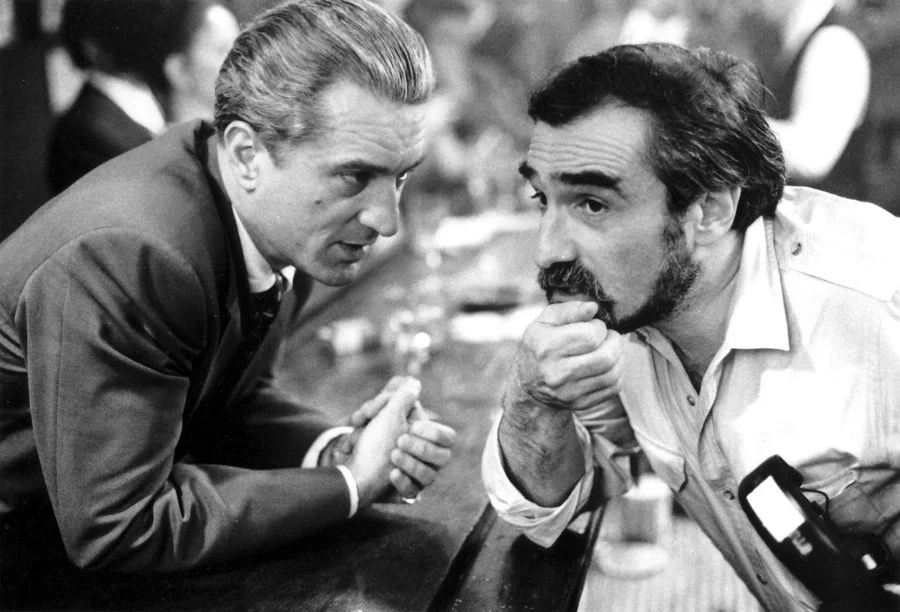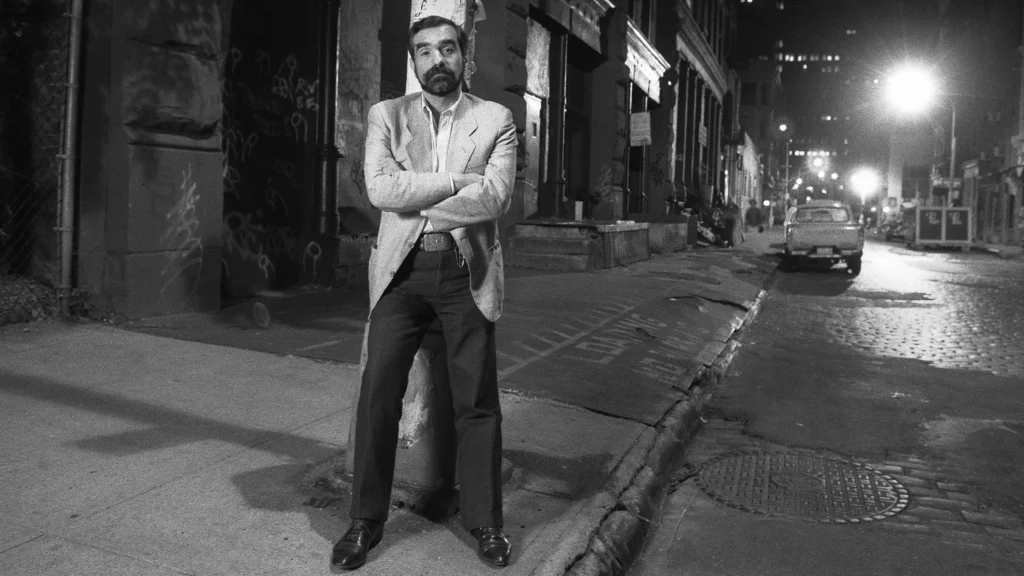
Martin Scorsese: The Maestro Of Modern Cinema
A Gritty New York Upbringing
Martin Scorsese, the renowned film director, was born in New York City’s Flushing neighborhood in Queens on November 17, 1942. His Italian-American heritage and gritty urban surroundings greatly influenced his artistic vision. Scorsese once reflected on his upbringing, saying, “My family wasn’t very literary, but they were always telling stories. It was all part of growing up in an Italian-American household in the 1950s.”
The Early Years and Influence of Religion
Scorsese’s early years were marked by a strong presence of Catholicism. He once noted, “Religion was always a part of my life. I took religion very seriously; I used to go to Mass every day.” This religious influence would later find its way into many of his films, most notably in The Last Temptation of Christ (1988) and Mean Streets (1973).
Pioneering in New Hollywood
In the 1970s, Scorsese became a pivotal figure in the New Hollywood movement, challenging traditional filmmaking norms. His works during this period, such as Taxi Driver (1976) and Raging Bull (1980), demonstrated his ability to delve into the dark and complex aspects of human nature. He once said, “Cinema is a matter of what’s in the frame and what’s out.”
A Cinematic Love Affair with De Niro
Martin Scorsese’s collaboration with actor Robert De Niro has been legendary. Their first partnership in Mean Streets marked the beginning of a remarkable creative alliance that continued with classics like Goodfellas (1990) and Casino (1995). De Niro once stated, “Marty [Scorsese] and I worked together for the first time in Mean Streets. We’re like a married couple who met in the army.”
Exploring the Human Psyche
Scorsese’s exploration of the human psyche and morality is evident in films like The Departed (2006), which won him an Academy Award for Best Director. He once said, “The cinema began with a passionate relationship between celluloid and the artists and craftsmen and technicians who handled it, manipulated it, and came to know it in the way a lover comes to know every inch of the body of the beloved.”
Preserving Cinema’s Legacy
Apart from his work as a director, Scorsese has been an ardent advocate for film preservation. He founded The Film Foundation in 1990 to protect and restore classic films, preserving the legacy of the art form he cherishes. Scorsese emphasized, “Movies touch our hearts and awaken our vision, and change the way we see things. They take us to other places. They open doors and minds.”
A Never-Ending Passion
As Martin Scorsese continues to produce critically acclaimed films, such as The Irishman (2019), he remains unwavering in his passion for storytelling. In his own words, “I want to make pictures that are entertaining, and yet are a reflection of the complexities of the world in which I live.” In conclusion, Martin Scorsese’s enduring influence on the world of cinema is undeniable. His unique blend of gritty realism, psychological depth, and passion for preserving the art form has made him a true maestro of modern filmmaking. With a career spanning over five decades, Scorsese’s legacy continues to shape and inspire the world of cinema, leaving an indelible mark on the history of film. For more articles on film, please visit https://thegarnettereport.com/search/Film.





